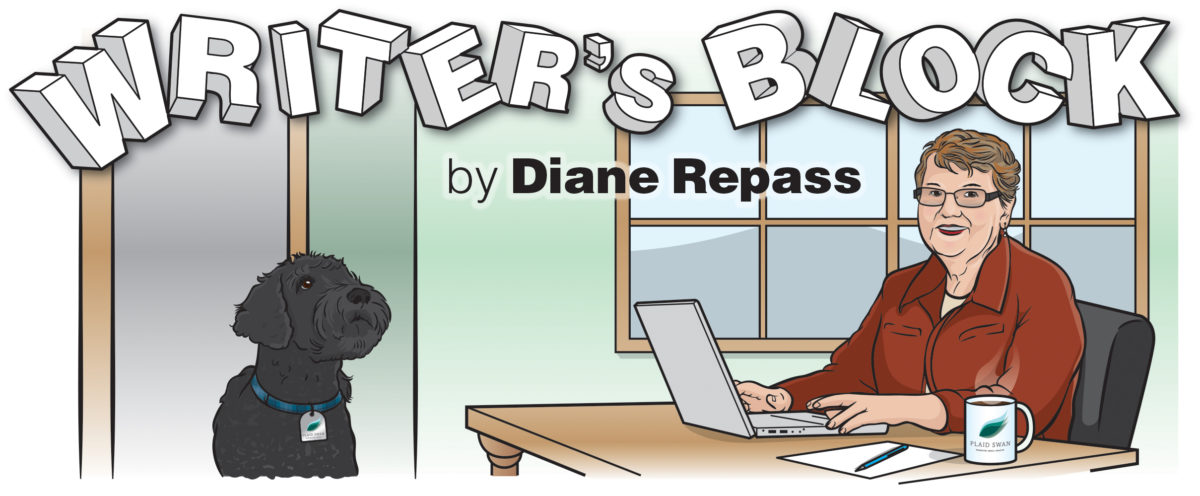The Challenges of Learning English
Who Says It’s Easy to Learn English?
Many, if not most, of us have studied a foreign language in school. You studied pronunciation, vocabulary, idioms, grammar, and syntax. You probably attempted stilted conversations with classmates and the instructor, and you may have even watched movies and read a book in the language. For some this came easy, but for others it was painful. And you left the classroom and spoke in English until the next class. Many language learners are immersed in a language; that is, they live in the area or country where the language they are learning is spoken. Unless there is a community of countrymen, they must speak the second language if there is to be any communication. It takes a particular kind of courage, and it takes hard work. I can appreciate how painful it is because I have studied a language in another country. I was able to connect with other English speakers during parts of the day, and it was such a relief to be able to occasionally speak without the exhausting mental calisthenics that come with speaking a second language. I have also taught English as a Second Language and know how hard it is to convince students to speak only in English during class, let alone outside of class. It is hard to learn any language, and English is certainly no exception.

www.youtube.com
Many scholars say that English has the largest vocabulary of any language. While many disagree, it is safe to say that it does have a high number of words. It has shamelessly borrowed from many languages; it is a Germanic language, but French and Latin have contributed many words, as has Greek. Foreign words lead to problems in rules for spelling and pronunciation, and for every rule, there is a myriad of exceptions.
Spelling is a problem for native speakers, let alone second language learners. For example, there are many words with an f sound but with variant spellings. Sometimes the f sound is spelled with a single f and sometimes with a double f as in cliff or cuff. Ancient Greek has given us words that use ph as an f (elephant, phone). Some words use –ugh that sounds like f, too (enough, laugh), which makes matters even more confusing. Then, English has many homophones, words that sound the same and may or may not be spelled differently, such as feet and feat or jeans and genes.
Pronouncing words can be tricky, too. There are heteronyms, words that are spelled the same but pronounced differently, such as affect (ehFEKT- to change) and affect (AFFekt- a person’s feelings or emotions) (Heteronym Homepage). Who wouldn’t be confused by such roadblocks? We looked at words with f sounds that are spelled –ugh. Think about the word through which has the ugh that sounds like the word threw, or bough which sounds like bow (to bend the knee or body). Many words have silent letters, as with silent e (e.g. bake). Dialects add another obstacle to language learners who hear words pronounced differently by various groups. I grew up in Michigan pronouncing coupon as cyoopon, while many people in my new home state of Iowa pronounce it as coopon.

www.clickonenglish.blogspot.com
English verbs do follow a prescribed system, but some oddities are confusing. Two-word, or phrasal, verbs are most often idioms that cannot be understood by looking at the meaning of each word individually. For example, consider cut (it) up, look over, come across, or call (it) off. Present tense verbs are used to mean several different things. In addition to indicating an action taking place at the present time, they indicate a habitual action (e.g. The sun sets in the west.), a repeated action (e.g. Birds migrate south in the winter.), or an action that is always true (e.g. Temperatures turn colder in winter for northern climates.)
Unlike many languages with nouns that are masculine, feminine, or neuter, English articles (i.e. a, an, the) do not indicate gender. According to Muriel Harris in Prentice Hall Reference Guide to Grammar and Usage, generally, a and an are used to indicate an unspecified noun (e.g. My dog Cricket saw a cat in the neighbor’s yard.), while the is used to indicate someone/thing more specific (e.g. The Malaysian student prepared a fabulous meal.). Okay, that wasn’t so hard, but here come all the add-ons: a) use the when talking about a specific representative of a category, but use no article when the meaning is “all” or “in general” (e.g. Pets are our friends.); or b) when names are plural, use the (e.g. the Netherlands). There are many more rules and exceptions; native speakers learn these rules as they learn to speak, but they would be hard-pressed to explain them to someone else.
So far, we have looked at only a few of the many pitfalls of learning English. There are so many more, which are complex and challenging, like word order or idioms/slang. Many people criticize foreigners and immigrants for not learning English immediately upon arrival, but it is not easy, nor are all people proficient at learning a second language. It takes time, effort, and a bit of courage.

www.giphy.com
-Diane Repass│Diane is a retired tenured assistant professor from The University of Dubuque and now a beloved writer for Plaid Swan Inc. She received her M.A. from The University of Northern Iowa in Cedar Falls, Iowa.


You’ve summed up the challenges many of my students face daily!